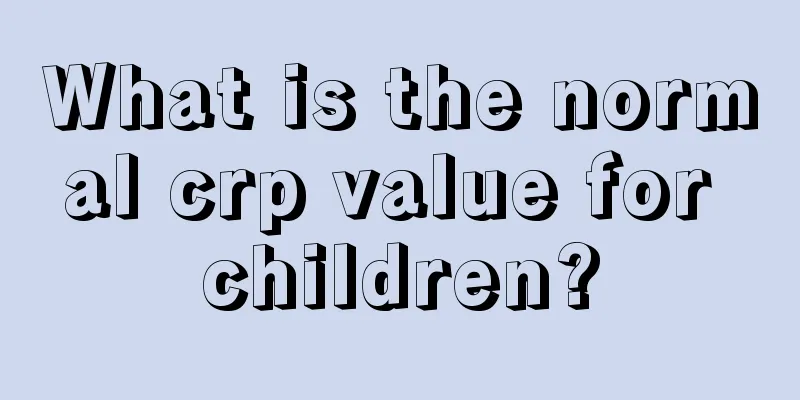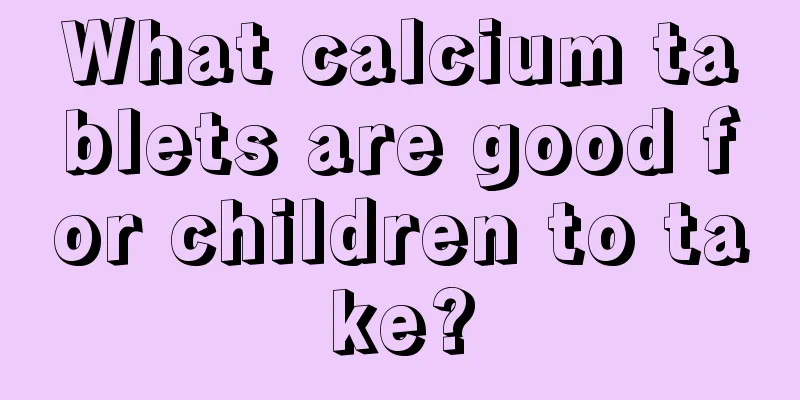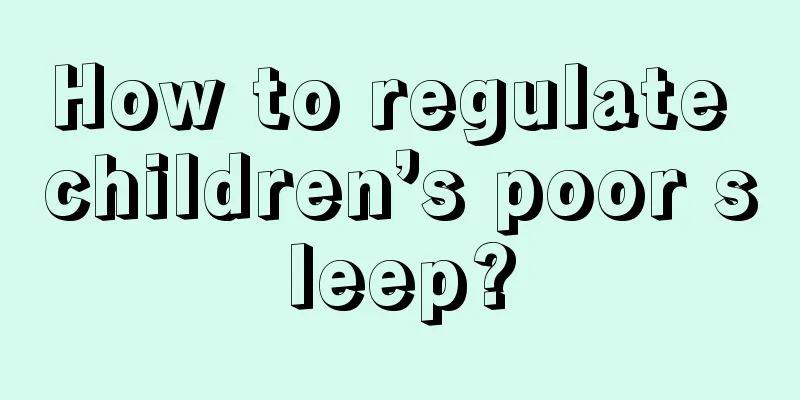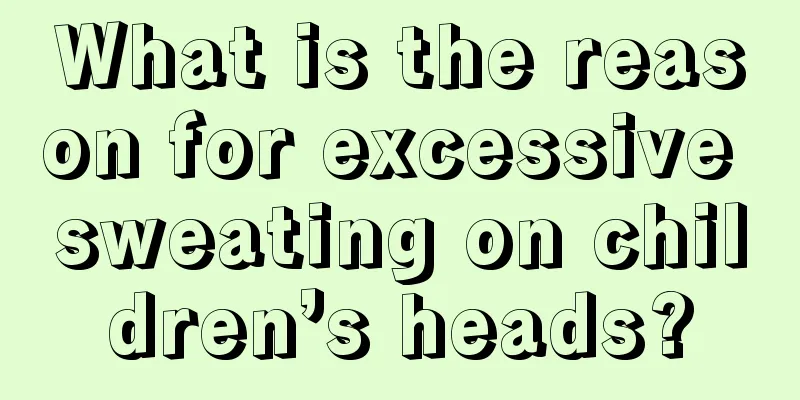At what age should children be replaced with teeth and what should they pay attention to?
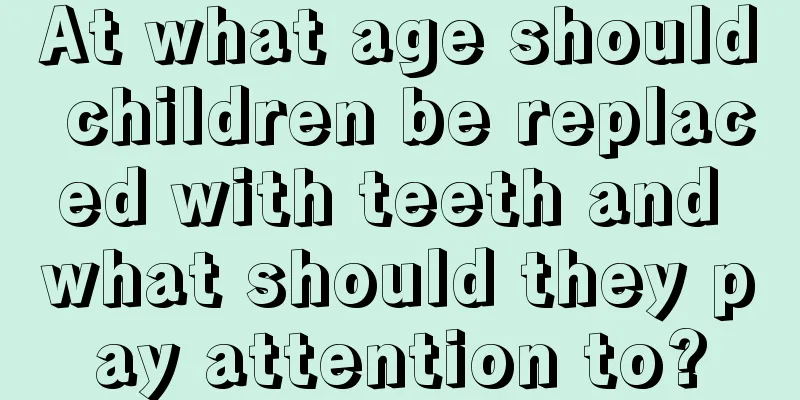
|
Children's tooth replacement is a very important process. Parents need to prepare enough nutrition for their children during this period to ensure that their children have better tooth replacement effects during this period. Different children have different times for tooth replacement, and each child will also replace their teeth at a different age, so many parents worry about at what age their children should replace their teeth. Below, the editor will tell you at what age it is better for children to change their teeth. Tooth replacement is the process of deciduous teeth falling out and permanent teeth growing in. During the growth and development process, there is a permanent tooth germ under the root of each deciduous tooth, which gradually develops and grows. During the eruption of the permanent tooth, on the one hand, it compresses the alveolar bone between the deciduous tooth root and the permanent tooth germ, and through the action of osteoclasts, the bone is absorbed and thinned until it is completely absorbed; on the other hand, it directly compresses the deciduous tooth root, causing the deciduous tooth root to gradually absorb, become shorter and shorter, until it disappears completely. Then the deciduous teeth begin to fall out and the permanent teeth gradually grow in. Normally, at the age of 6 to 7, the deciduous central incisor (central front tooth) of the mandible begins to shake and fall out, and soon the permanent central incisor grows in its place; at the same time, the first molar grows behind the second deciduous molar. After that, the other teeth were replaced one after another. The permanent monocuspids and bicuspids can only grow out after the deciduous teeth in the same position fall out. By the age of 12 to 13, all the deciduous teeth have fallen out and have been replaced by permanent teeth. After that, permanent teeth will grow separately: the second molar will grow behind the first molar at the age of 12 to 14, and the third molar will grow after the age of 18. It is normal for some people to not have third molars. 1. Pay attention to whether the deciduous teeth are retained or lost prematurely. There is a certain time and order for the shedding of deciduous teeth. Deciduous teeth that should fall out but don't are called retained deciduous teeth, and the consequence is often that permanent teeth cannot erupt in the normal position. The most common situation is that the lower front permanent teeth grow on the inside of the deciduous teeth, and the upper front permanent teeth grow on the outside of the deciduous teeth, making it look like double teeth. What should we do in this situation? Your child should be taken to the hospital as soon as possible to remove retained deciduous teeth to make room for the permanent teeth to erupt. If the deciduous teeth fall out before they should, it is called premature loss of deciduous teeth. This often causes the adjacent teeth on both sides to tilt toward the gap between the missing teeth, making the gap smaller and causing the permanent teeth to erupt out of place due to insufficient space. At this time, a space maintainer (custom-made by the hospital's dental department) should be placed in the gap between the deciduous teeth to prevent the teeth on both sides from tilting, so as to maintain the proper eruption position of the permanent teeth until the permanent teeth erupt. During the period of children's tooth replacement, you should pay more attention to their diet to ensure that their nutrition can keep up. You should also prevent your children from touching the new teeth during the period. During the period of children's tooth replacement, you should ensure the hygiene and health of their oral cavity and pay attention to oral cleaning every day. Children's tooth replacement should be based on their age and cannot be forced. |
<<: What kind of probiotics are good for children and what should they pay attention to?
>>: How should rheumatic fever skin disease in children be treated?
Recommend
What causes baby hair loss?
Many parents will find that their babies are losi...
Baby's stool is very watery
Every baby is the apple of the parents' eyes,...
Newborn baby not urinating
In fact, the urination and defecation conditions ...
How to treat skin allergies in children
Allergy is a common symptom. Although it is not a...
How to prevent babies from getting angry in spring
Spring is a very beautiful season with flowers bl...
What should I do if my child is always angry?
Nowadays, because many parents spoil their childr...
The cause of vitiligo in children is related to genetics
Vitiligo in children is a disease that occurs at ...
The child has a fever and cold hands and feet. This is the correct way to cool down
If a child has a fever but cold hands and feet, i...
Can I remove the mole on my child's face?
Whether it is an adult or a child, if a mole appe...
Baby's milk is leaking from the nostrils
Many babies who have just been born are breastfed...
What medicine should a 6-year-old child take for diarrhea
In daily life, we sometimes suffer from vomiting ...
Side effects of ephedra on children
In life, colds are very common, especially when t...
What to do if your child is underweight?
Many children are often underweight, which makes ...
Introducing several massage techniques for common pediatric diseases
Here I would like to introduce to you some massag...
What should I do if my child has a fever after vaccination?
When we were very young, in order to prevent vari...





